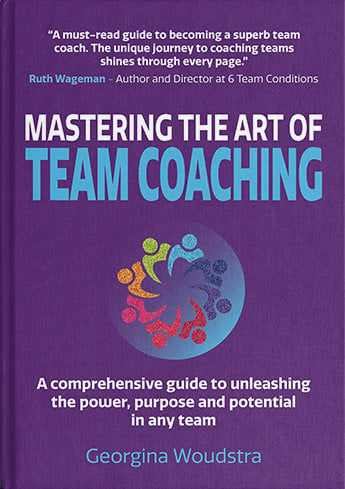Teams who work well naturally trust each other more, which makes for a more open, connected and engaged workplace. In turn, this boosts the morale of the team and other teams that they workwith. And it goes without saying that a great culture is what attracts and retains the best people. We want to work with people we trust,where we feel valued and where we are making a worthwhile impact.Creating a collaborative workplace takes time, but the results are worth the effort. This happens by ensuring that all workplace teams transform from being blocks on an organisational chart to become units of collaboration.
Without much consideration or design, many leaders simply default to calling their group of direct reports a team. All too often, the result is teams with far too many chefs in the kitchen. Large groups have difficulty communicating effectively, let alone making decisions. Large ‘teams’ naturally split into subgroups rather than function as one team.
Team members are often recruited for their technical or functional expertise, and interpersonal skills are ignored. Yet too often teamleaders complain: ‘I have hired the strongest, smartest players in the field, so why can’t they work together?’ Fortunately, collaboration is a skill that can be learned; but some are better equipped for it than others. In this video Georgina discusses ‘what makes a team”
If a team is not clear on its collective reason for being, its success willlargely be down to chance. A meaningful and shared purpose is thedriver, but often I hear a team leader asking why their team fails to‘gel’ or become ‘cohesive’. Yet, when asked about their purpose, thefailing team are vague about it – or hide behind a form of words like‘to execute our business plan’.Real teams coalesce around challenging aspirations and meaningfulgoals. With these clear, the projects and tasks they need to becollaborating on also become clear.



